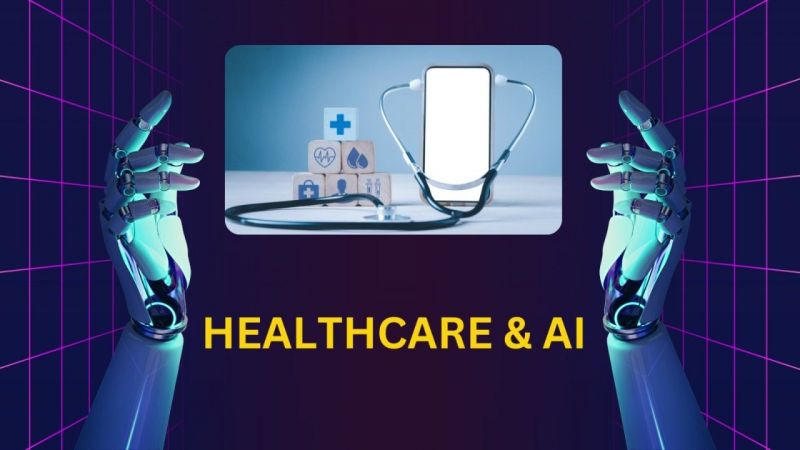Introduction: In recent years, the intersection of artificial intelligence (AI) and pharmacy has sparked remarkable advancements in patient care, medication management, and drug discovery. Leveraging the vast amounts of data available in healthcare, AI and machine learning algorithms are revolutionizing how pharmacists deliver services and optimize treatments. This blog delves into the transformative potential of AI and machine learning in pharmacy, exploring its current applications and future prospects.
Understanding AI and Machine Learning in Pharmacy: AI refers to the simulation of human intelligence processes by machines, enabling them to learn from data, identify patterns, and make informed decisions. Machine learning, a subset of AI, involves algorithms that improve their performance over time through experience and data analysis.
In pharmacy, AI and machine learning are applied across various domains:
- Drug Discovery and Development:
- AI-driven algorithms accelerate the drug discovery process by analyzing molecular structures, predicting drug-target interactions, and identifying potential drug candidates.
- Machine learning models help optimize drug formulations, dosage regimens, and delivery systems, enhancing efficacy and minimizing side effects.
- Medication Adherence and Patient Monitoring:
- AI-powered tools track patient adherence to medication schedules, detect deviations, and send reminders to improve compliance.
- Machine learning algorithms analyze patient data to predict medication adherence patterns, enabling proactive interventions and personalized care plans.
- Clinical Decision Support Systems:
- AI-based decision support systems assist pharmacists and healthcare providers in making evidence-based decisions regarding drug therapy, dosage adjustments, and drug interactions.
- Machine learning models analyze patient data, medical histories, and genetic information to recommend personalized treatment strategies and predict patient outcomes.
- Pharmacovigilance and Adverse Event Monitoring:
- AI algorithms monitor real-world data sources, such as electronic health records and social media, to detect adverse drug reactions, drug interactions, and emerging safety concerns.
- Machine learning techniques identify patterns indicative of adverse events, facilitating early detection, reporting, and mitigation strategies.
Case Studies and Success Stories:
- IBM Watson for Drug Discovery:
- IBM Watson's AI platform analyzes biomedical data, scientific literature, and clinical trial data to identify potential drug candidates and predict their efficacy.
- Researchers use Watson for Drug Discovery to accelerate the drug discovery process and uncover novel therapeutic targets for various diseases.
- MedAware's Clinical Decision Support System:
- MedAware's AI-powered platform analyzes electronic health records to identify medication errors, prescription discrepancies, and potential adverse drug events.
- Healthcare providers use MedAware's system to enhance patient safety, reduce medication errors, and improve clinical outcomes.
Future Directions and Challenges:
While AI and machine learning hold immense promise for advancing pharmacy practice, several challenges must be addressed:
- Data Privacy and Security:
- Safeguarding patient data and ensuring compliance with privacy regulations are paramount concerns in AI-driven healthcare systems.
- Algorithm Bias and Interpretability:
- Addressing biases in AI algorithms and enhancing their interpretability are essential for building trust and ensuring equitable healthcare delivery.
- Regulatory Considerations:
- Developing regulatory frameworks to govern the use of AI in pharmacy and ensuring transparency in algorithmic decision-making pose regulatory challenges.
Conclusion: AI and machine learning technologies are reshaping the landscape of pharmacy practice, offering unprecedented opportunities to enhance patient care, improve medication safety, and accelerate drug discovery. By harnessing the power of AI-driven insights and predictive analytics, pharmacists can optimize treatment outcomes, personalize patient care, and drive innovation in healthcare delivery.
